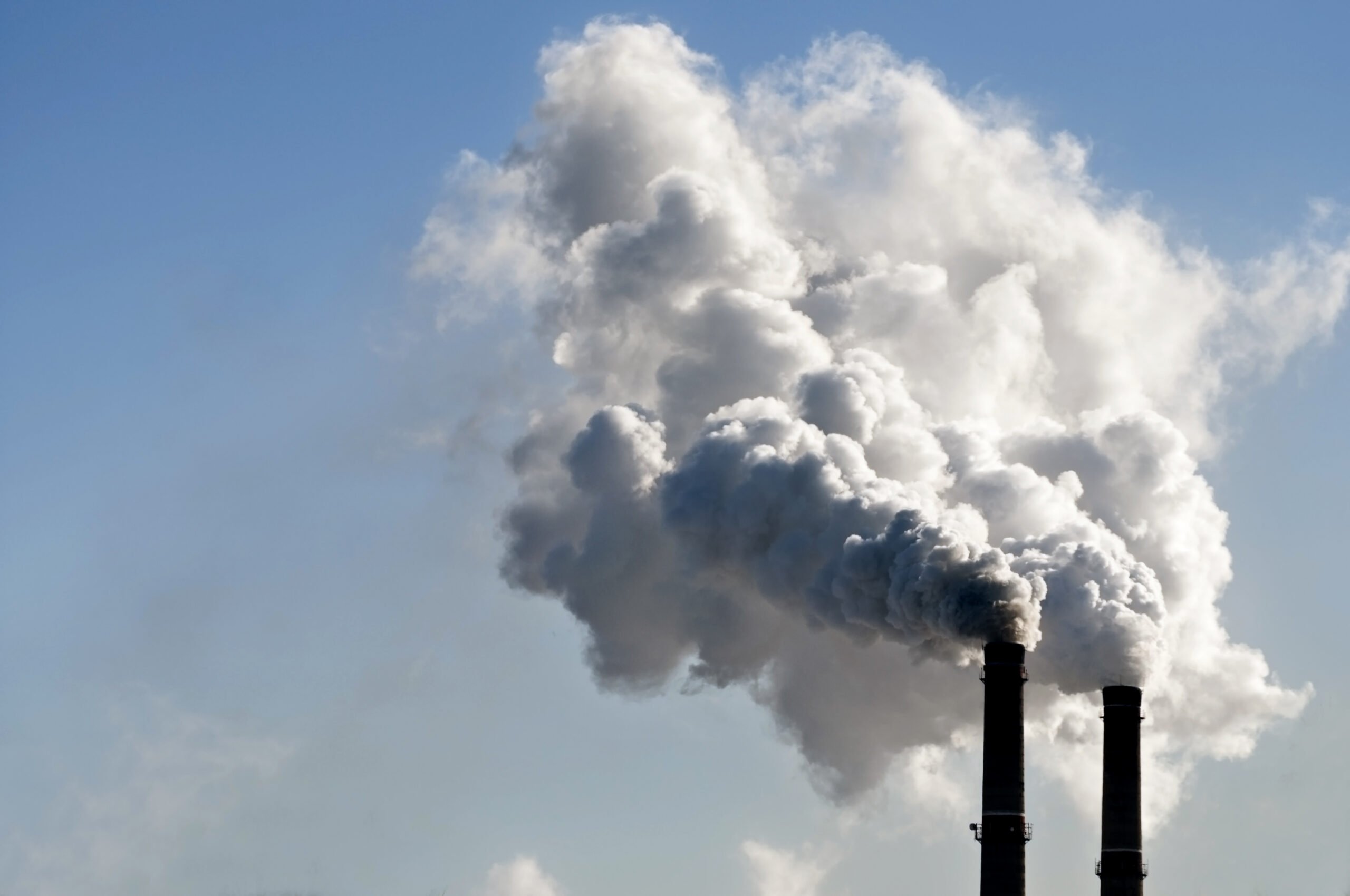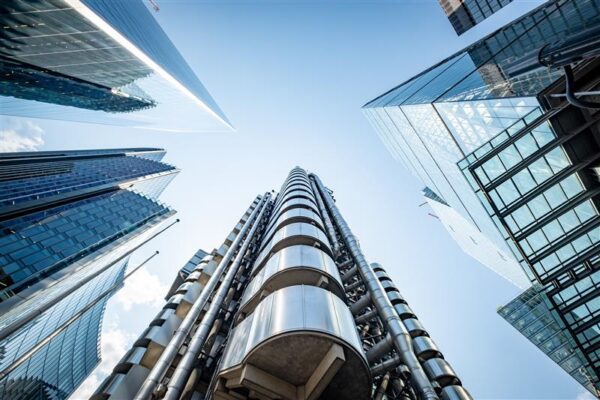In a matter of weeks, UN leaders will be coming together for COP26, the UN’s 26th annual global climate conference. Over the fortnight-long event, they will work together to achieve four key goals – so what are these goals, and how will leaders be addressing them at COP26?
At COP21, back in 2015, all 196 nations in the UN adopted the Paris Agreement, which means they are committed to reducing their greenhouse gas emissions in an effort to limit the global temperature increase to a maximum of 2°C. Six years on, they will be focusing on achieving a range of goals at COP26 to help ensure that we can meet this overarching global goal.
The key goals for COP26 are as follows:
1. To secure global net-zero by 2050 and keep 1.5°C within reach
Many countries already have a net-zero target in place, but while this is a critical long-term goal, we must make significant emissions cuts over the next 5-10 years to ensure we can safeguard our climate. In order to limit global warming to 1.5°C above pre-industrial temperatures, we must reduce global emissions by 45% by 2030.
Under the Paris Agreement, 110 UN countries have submitted a national action plan – also known as a Nationally Determined Contribution (NDC) – but their planned combined emissions reductions will only deliver a 12% reduction in greenhouse gas emissions by 2030. The NDCs must be communicated or updated every five years to reflect the country’s highest possible ambition and a progression over time, and 2020 was supposed to mark the first of these five-year cycles.
As COP26 was delayed to 2021 due to Covid-19, we can therefore expect to see countries updating their 2030 targets before the conference begins, to ensure that they are in line with limiting temperature rise to 1.5°C. The UK updated its own 2030 target earlier this year, as the government committed to cutting emissions by at least 68% by 2030.
At COP26, we can expect that leaders will be discussing how they can take action to achieve these 2030 targets. The COP26: Explained guide indicates that these talks will centre around the phasing out of coal power, as well as preventing deforestation and investing in renewables. They’re also likely to consider how we can accelerate the transition to electric vehicles – the UK has already pledged to ban the sale of new petrol and diesel cars by 2030, and we could see other countries following suit.
2. To ensure urgent action is taken to protect communities and natural habitats
The Intergovernmental Panel on Climate Change’s (IPCC’s) Sixth Assessment Report gave the world a stark warning – some of the impacts of climate change we’re already seeing are now irreversible, and urgent action must be taken to mitigate against further devastation.
That’s why COP26 leaders will be striving to put plans and fundings in place to improve early warning systems and flood defences and build resilient infrastructure and agriculture, in an attempt to avoid further loss of livelihoods, natural habitats and lives. The climate will continue to change, even as we work to reduce our emissions, but by protecting and restoring habitats we can increase our resilience to the impacts of climate change.
Under the Paris Agreement, every nation should have its own Adaptation Communication, which summarises what they’re doing to adapt to the impacts of climate change, as well as any challenges they face and support they need to adapt. COP26 will give leaders the chance to share their Adaptation Communications and seek best practice advice from their peers.
3. Mobilise finance to achieve climate goals
Making the significant changes that are needed to halt climate change, in the short timescale in which they need to be made, will require substantial funding. Public finance will be needed to develop new infrastructure for a greener economy, and private finance will be required to fund innovation into new technologies.
However, not all countries will have the funding required to make the level of investment required. Developed countries have therefore committed to mobilising at least $100 billion in climate finance per year by 2020 to support developing countries, and it’s now time for them to deliver on this promise. The UK has promised to double its International Climate Finance commitment to at least £11.6 billion from 2021-2025, and the government has called on other countries to follow their lead.
At COP26, we can expect leaders to discuss how they can mobilise private finance to ensure that we can achieve global net-zero by 2025. They are aiming to ensure that the climate is considered in every investment decision, and that banks and investors are committed to ensuring their investments are aligned with net zero.
The UK government has also encouraged companies to “be transparent about the risks and opportunities that climate change and the shift to a net-zero economy pose to their business”.
4. Work together to deliver
The key reason why the UN countries meet annually for the Conference of Parties (COP) is because we need to work together in order to deliver on our ambitious global climate goals. Therefore, one of the crucial goals of COP26 is for all parties to reach agreement in their negotiations on different aspects of climate action, to show the world that we are all moving towards a more resilient, greener future together.
To achieve this goal, they will be working to finalise the ‘Paris Rulebook’ – a set of rules needed to implement the Paris Agreement – at COP26. Leaders will be looking to find ways to ensure carbon markets can enable more ambitious mitigation and adaptation actions. They will also be seeking to resolve reporting issues, so that countries can trust that all parties are being transparent when reporting the action they are taking to cut their emissions.
Stay up-to-date throughout COP26
If sustainability is a key priority for your organisation, it’s important to ensure that you’re in-the-know when it comes to COP26. As leaders work to achieve the goals laid out above, they will be making important decisions that will inform their climate policies and targets going forward – which means the agreements the UK government makes over the two weeks of COP26 are likely to impact your business in the future.
We’re making it easier for you to stay up to date with any changes, commitments or decisions that are made during COP26 by providing you with daily updates and explainers to help you to understand what it all means for your organisation – visit our COP26 Hub to find out more.











